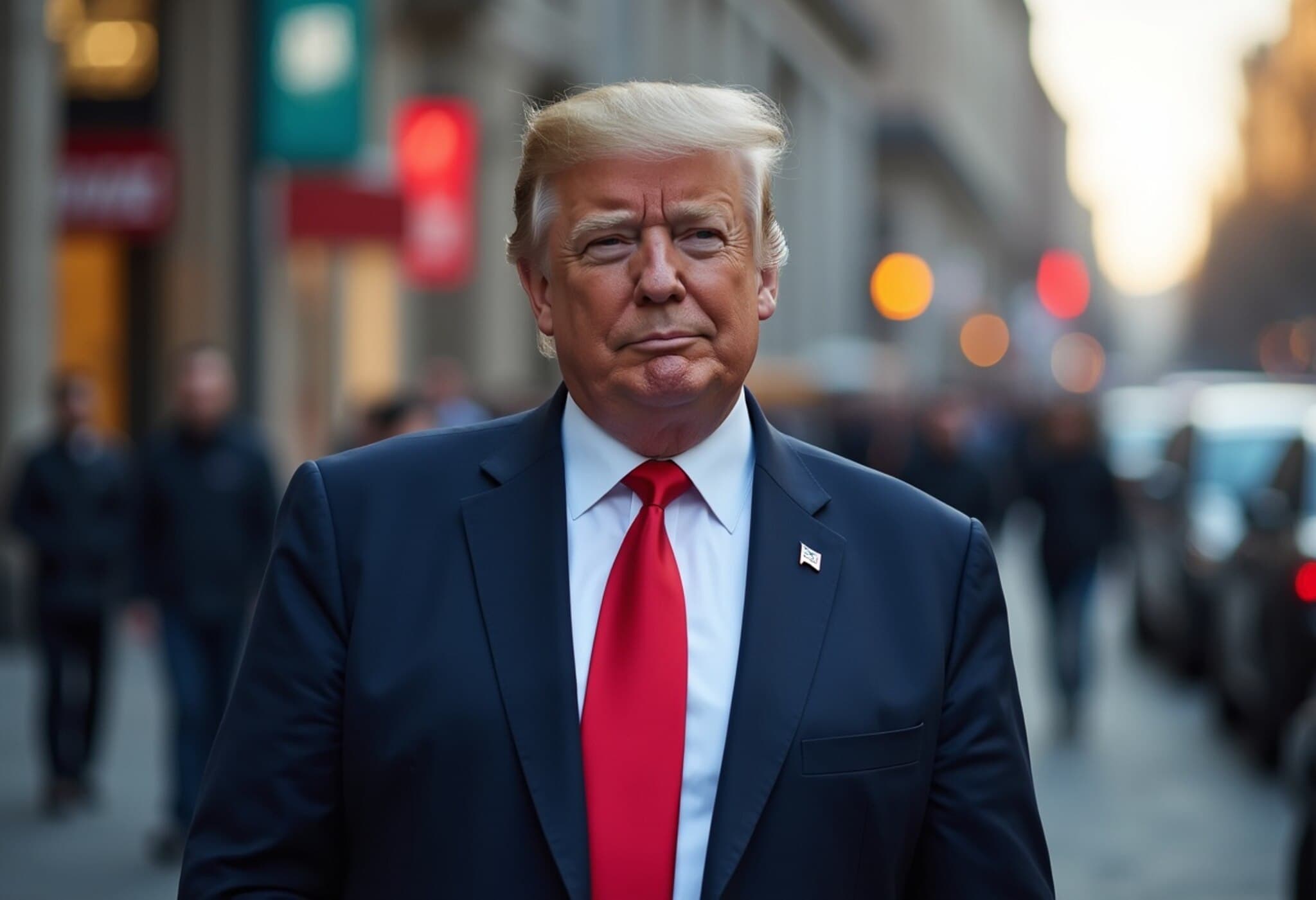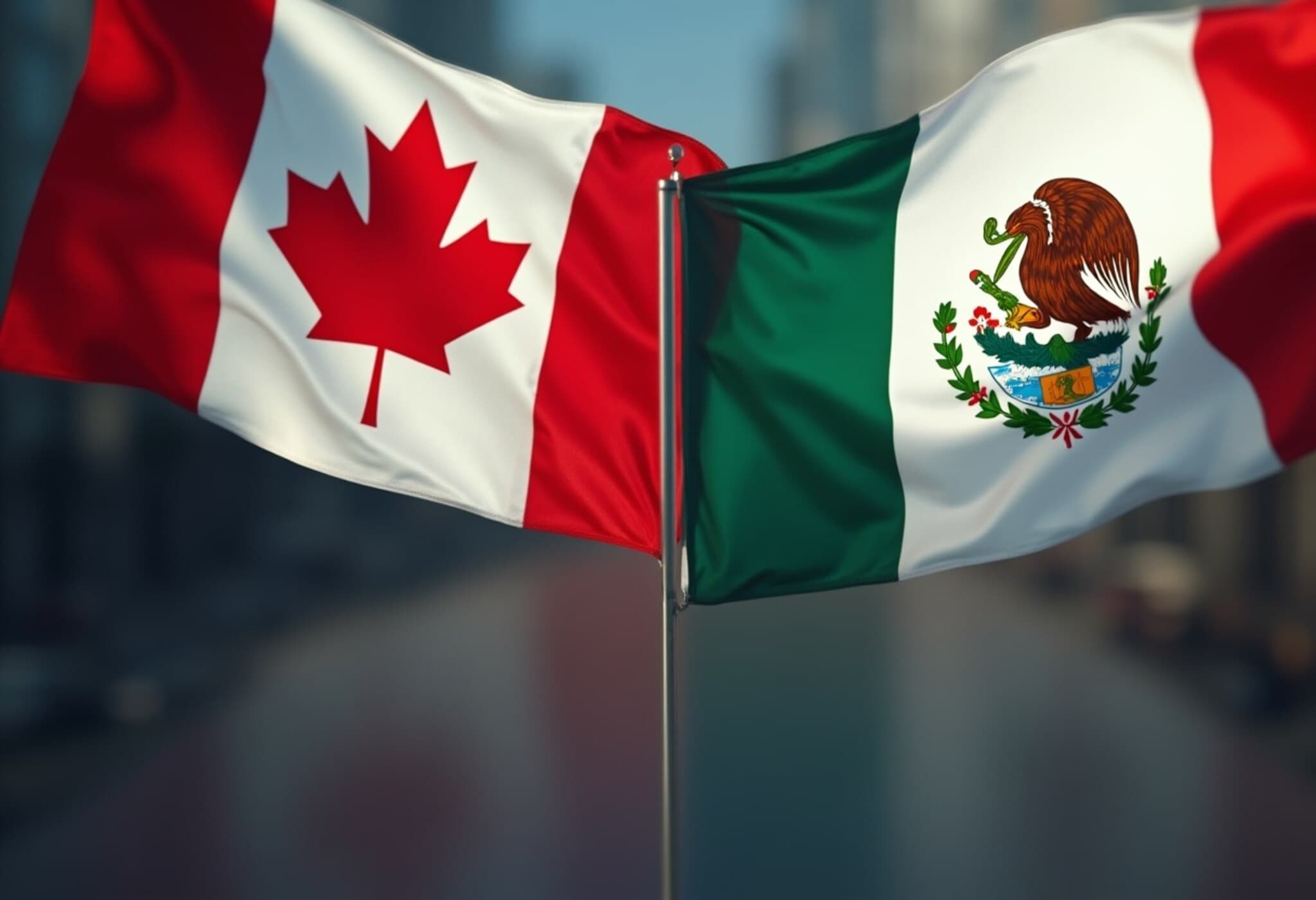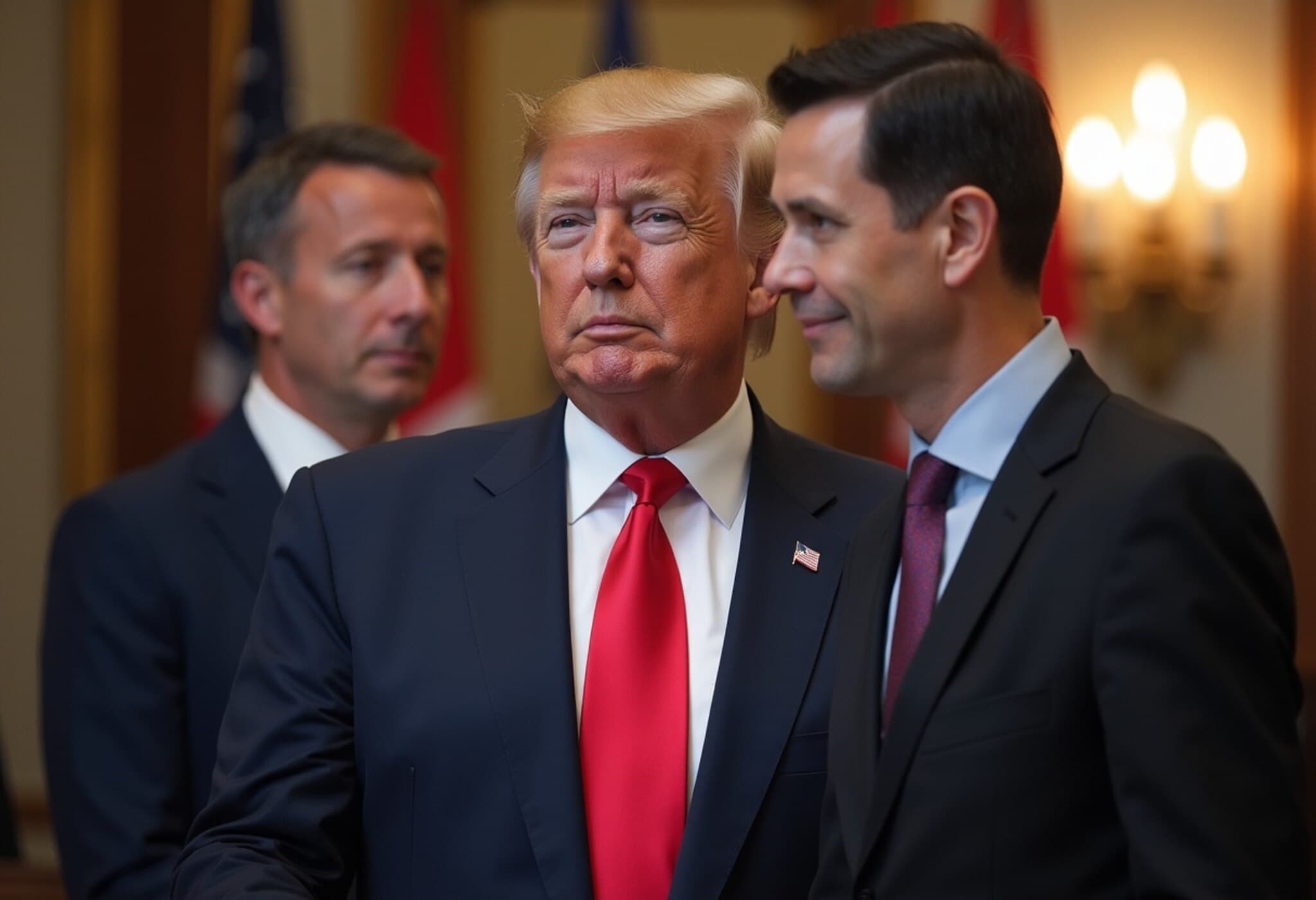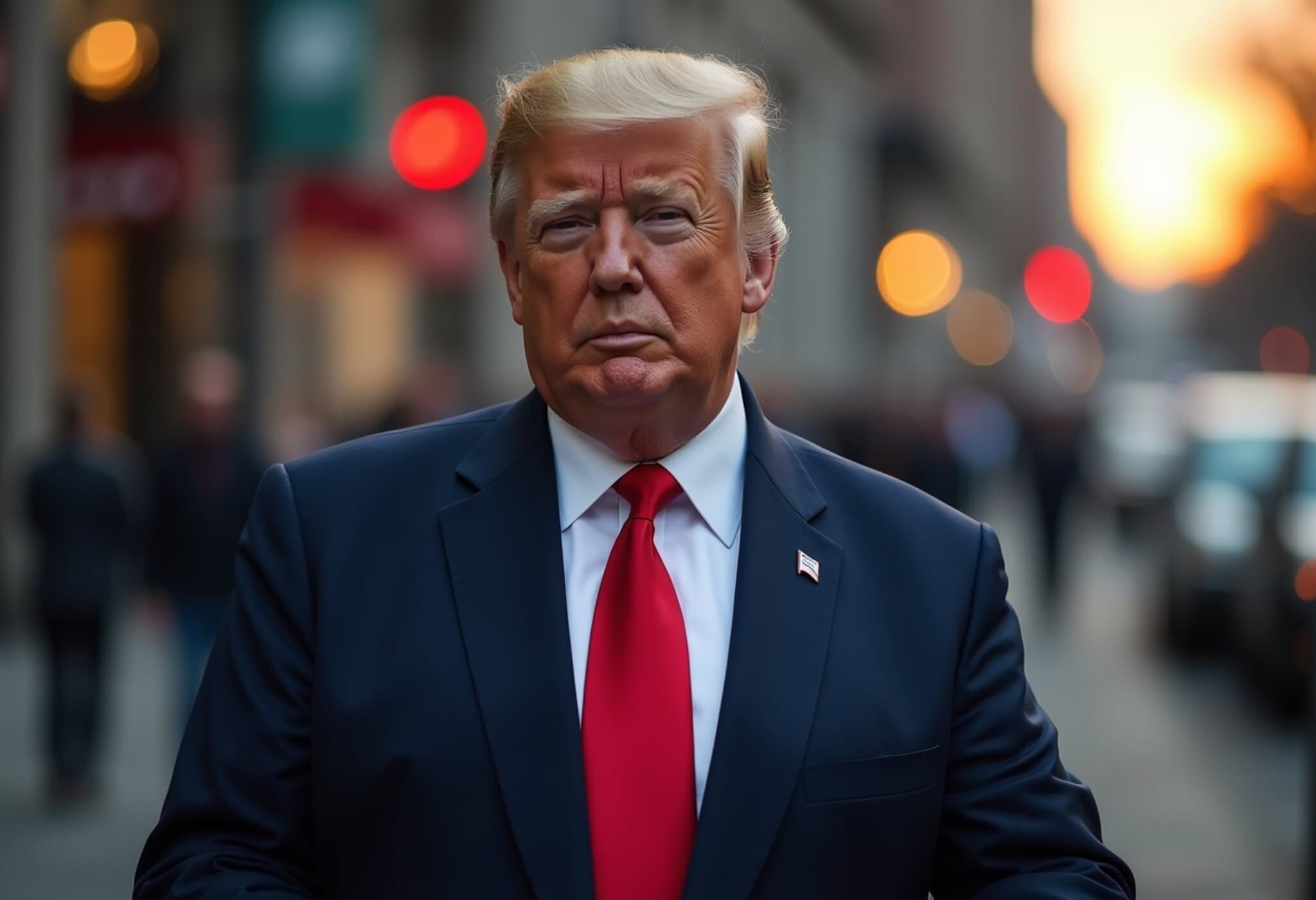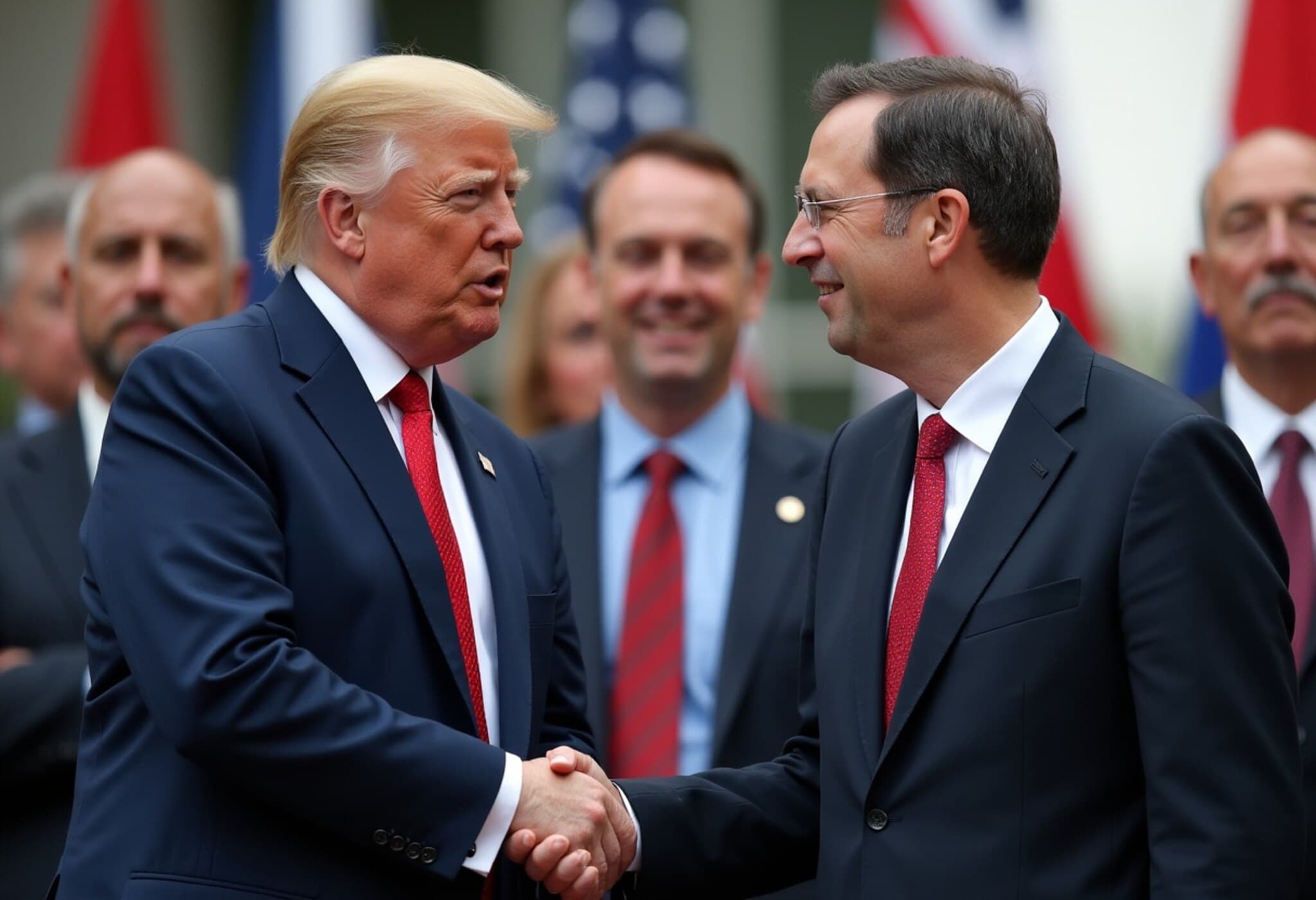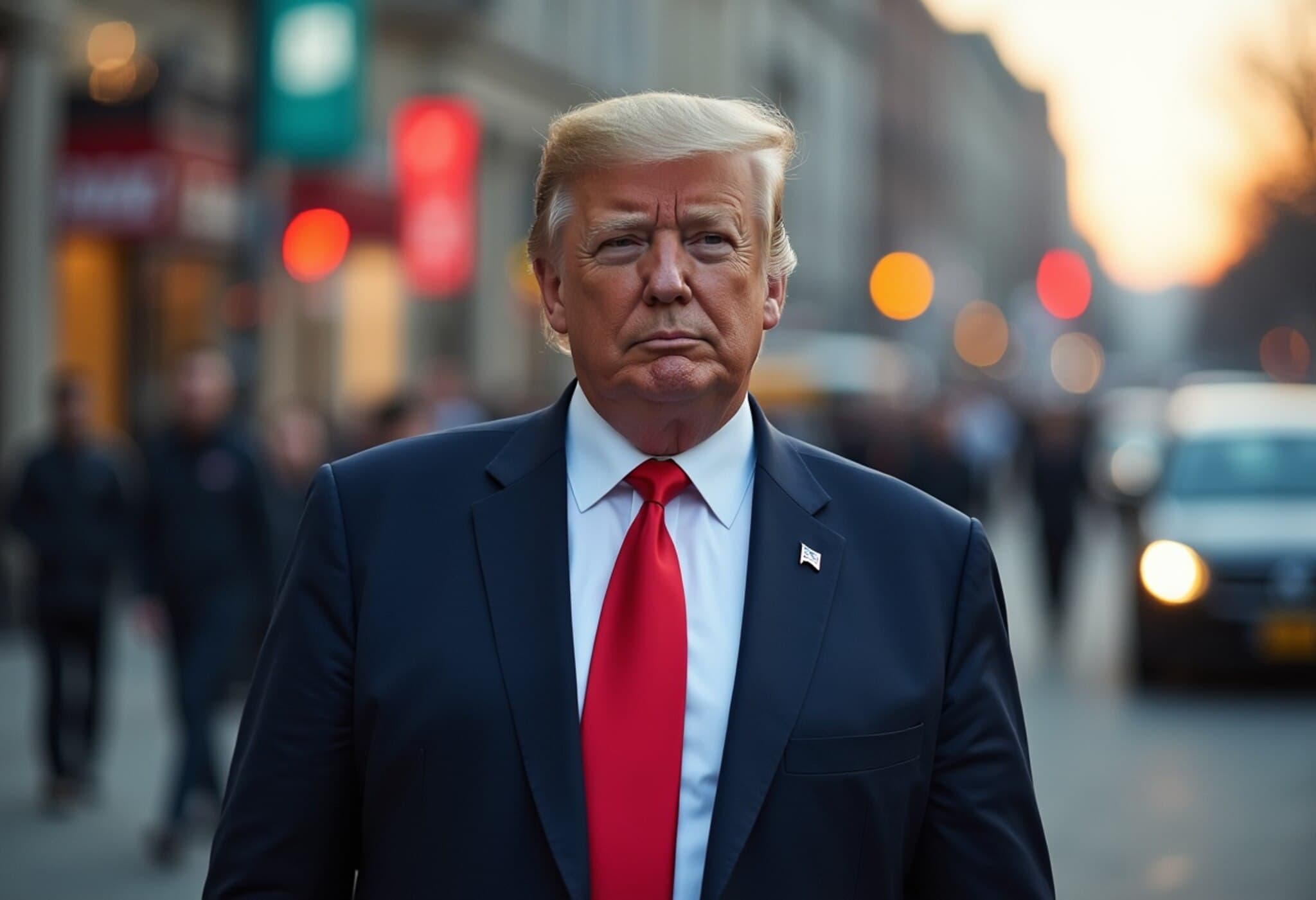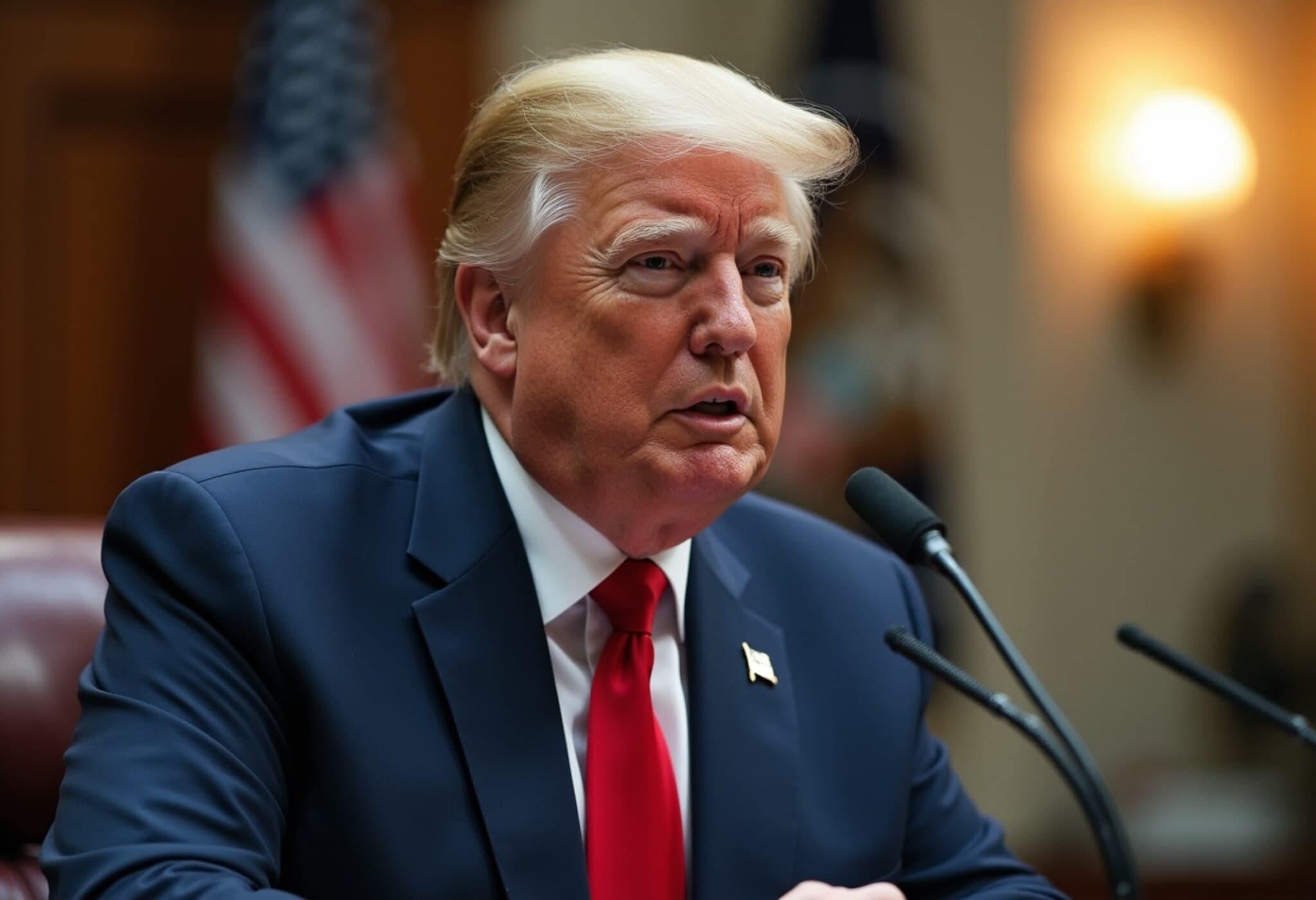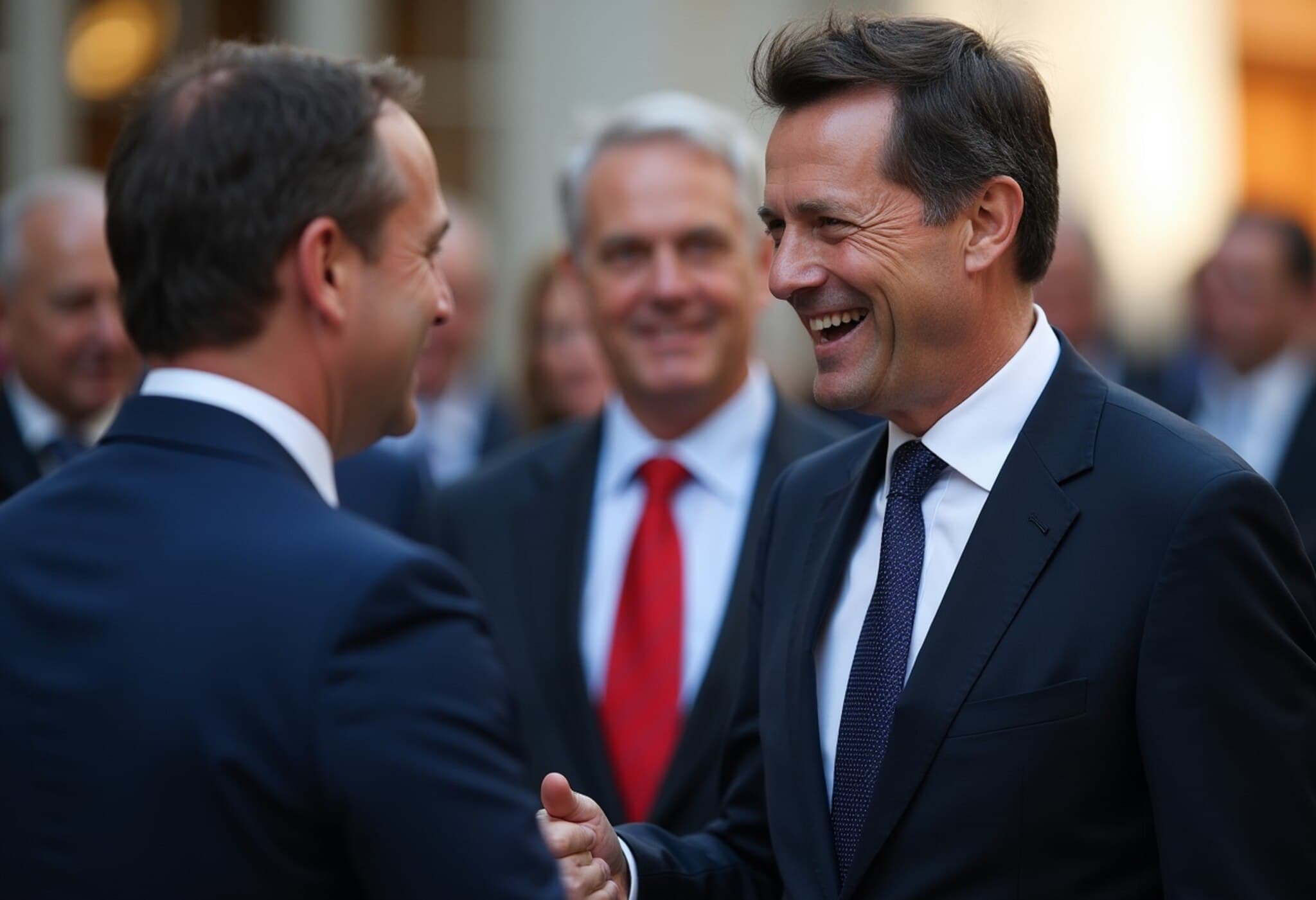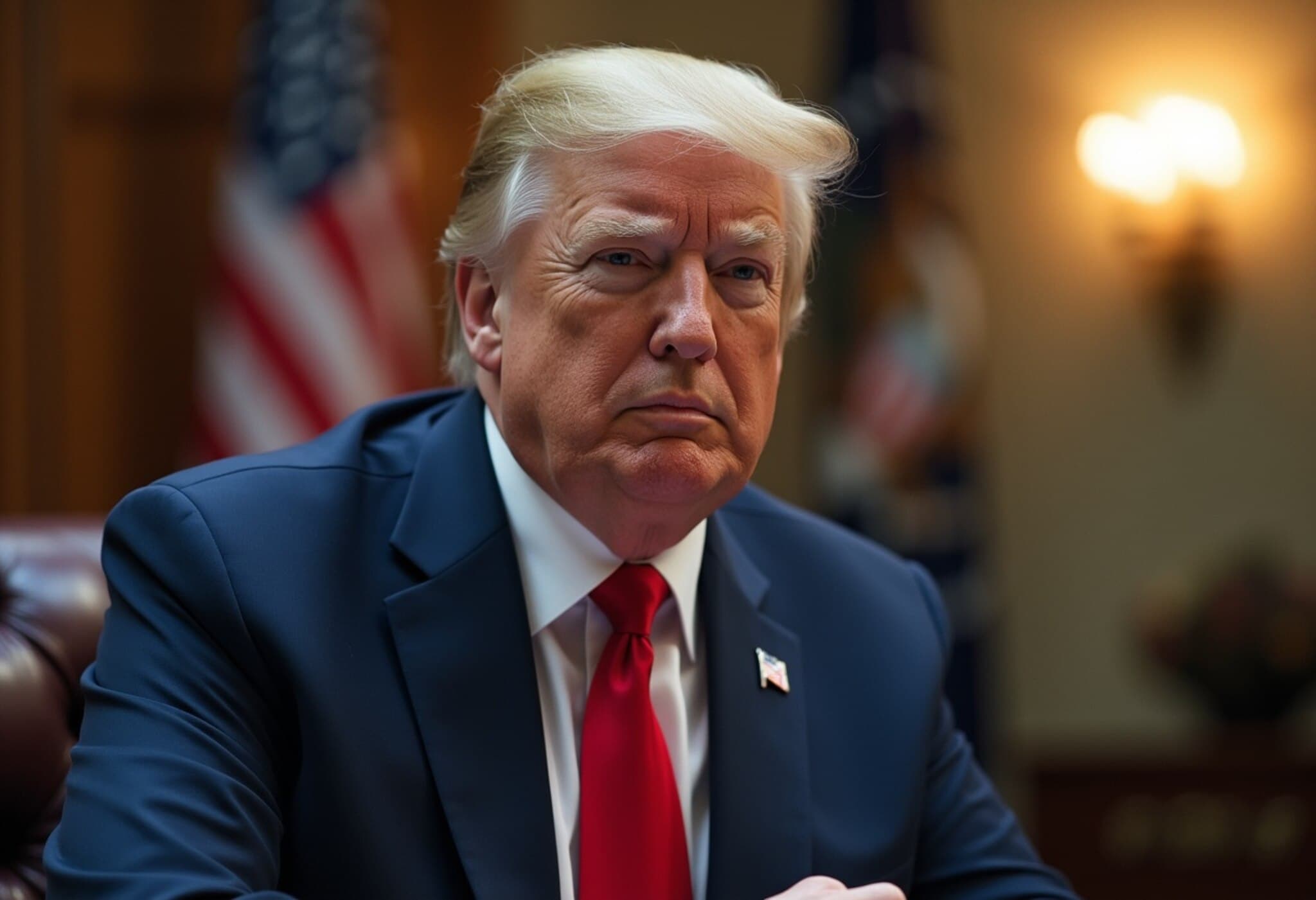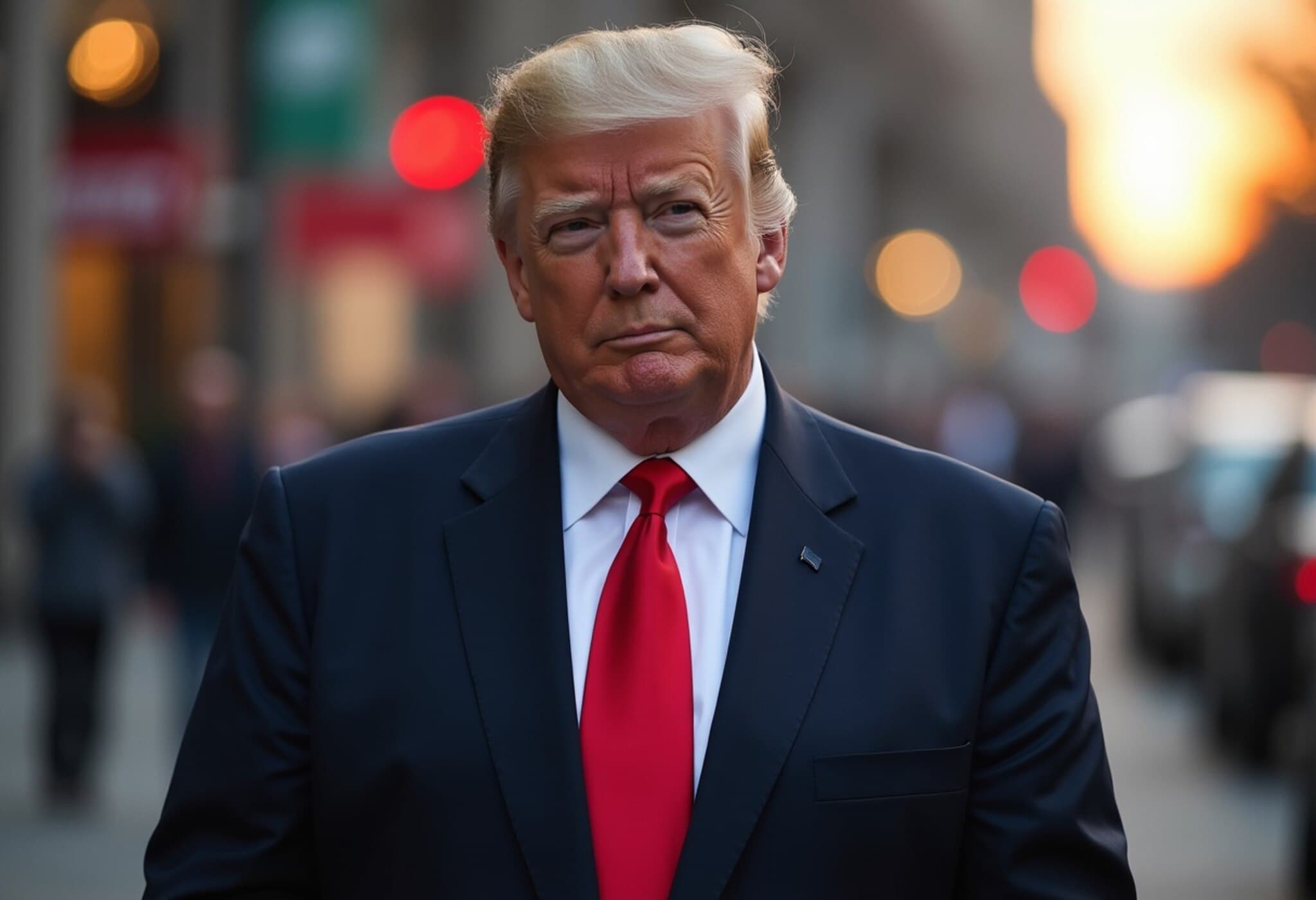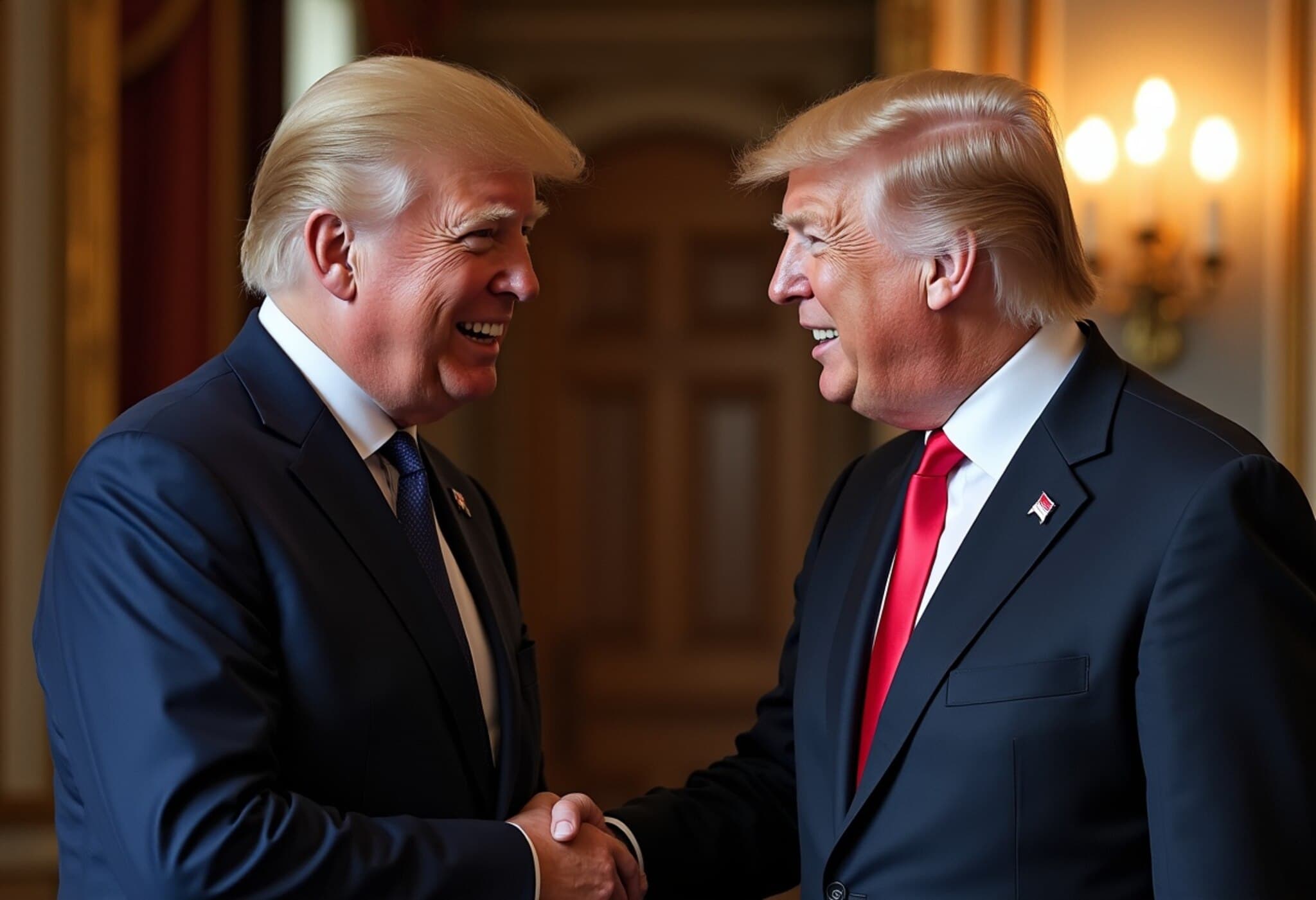EU Member States Push Back Against Trump's Proposed 30% Tariffs
In a firm and unified response, European Union member states have labeled U.S. President Donald Trump's proposed 30% tariff on European imports as “absolutely unacceptable,” signaling rising tensions in transatlantic trade relations. Danish Foreign Minister Lars Løkke Rasmussen conveyed this strong condemnation during a Brussels press conference alongside EU Trade Commissioner Maroš Šefčovič.
Background to the Trade Dispute
The threat of steep tariffs forms part of broader ongoing tensions between the U.S. and EU over trade imbalances, technology transfers, and steel and aluminum imports. President Trump has frequently taken a hardline stance, citing national security and unfair trade practices as justification for increasing levies on imported goods.
European officials, however, argue that such unilateral measures distort global markets, undermine multilateral trade frameworks like the World Trade Organization (WTO), and risk igniting a tit-for-tat trade war detrimental to all parties involved.
Expert Insights: Economic and Political Implications
- Economic fallout: Imposing a 30% tariff could significantly increase costs for European manufacturers exporting to the U.S., leading to higher prices for American consumers and potential job losses on both sides of the Atlantic.
- Diplomatic strain: The tariff threat may further sour diplomatic ties between the EU and U.S., complicating cooperation on other critical global issues including security, climate change, and technology regulation.
- Legal challenges: The EU is expected to contest the tariffs through the WTO dispute settlement mechanism, arguing that the U.S. measures contravene international trade law.
The EU’s Strategic Response
EU Trade Commissioner Maroš Šefčovič emphasized the bloc's commitment to dialogue while underlining their readiness to defend European interests robustly. This stance reflects Europe's broader strategy to maintain open trade, support global supply chains, and protect its industries from what many perceive as protectionist policies.
Danish Foreign Minister Rasmussen noted, “This threat undermines years of transatlantic cooperation and puts at risk the prosperity built through open markets and fair competition.” Such statements underscore the delicate balance between resolving trade disputes and preserving longstanding partnerships.
What This Means for American Businesses and Consumers
While the tariffs are proposed primarily to address trade imbalances and protect U.S. industries, experts warn that American companies relying on European imports may face increased production costs. These costs could cascade to consumers, undermining purchasing power and economic growth. It raises the fundamental question of whether such protectionist moves ultimately serve national interests or provoke broader market disruptions.
Looking Ahead: The Future of EU-US Trade Relations
As the deadline for implementing tariffs approaches, both sides find themselves at a crossroads. The pressing challenge is to avoid escalation into a full-blown trade war that could reverberate globally, impacting supply chains and economic stability worldwide. Constructive negotiations, backed by credible enforcement of international trade rules, remain critical in navigating this complex landscape.
Underreported Perspectives
Less attention has been given to how smaller European economies, heavily reliant on exports to the U.S., may disproportionately suffer if tariffs proceed. Moreover, the internal EU debate around strategic autonomy and diversification of markets presents an important angle often overshadowed by headline-grabbing rhetoric.
Editor’s Note
The robust European response to President Trump’s tariff threat exemplifies the fragile yet indispensable nature of transatlantic economic relations. It raises urgent questions about the future architecture of global trade and the place of multilateralism in resolving disputes. For readers, it's a reminder that behind political headlines lay complex economic realities affecting millions of livelihoods. Staying informed and critically engaged with these developments is essential as the story unfolds.

